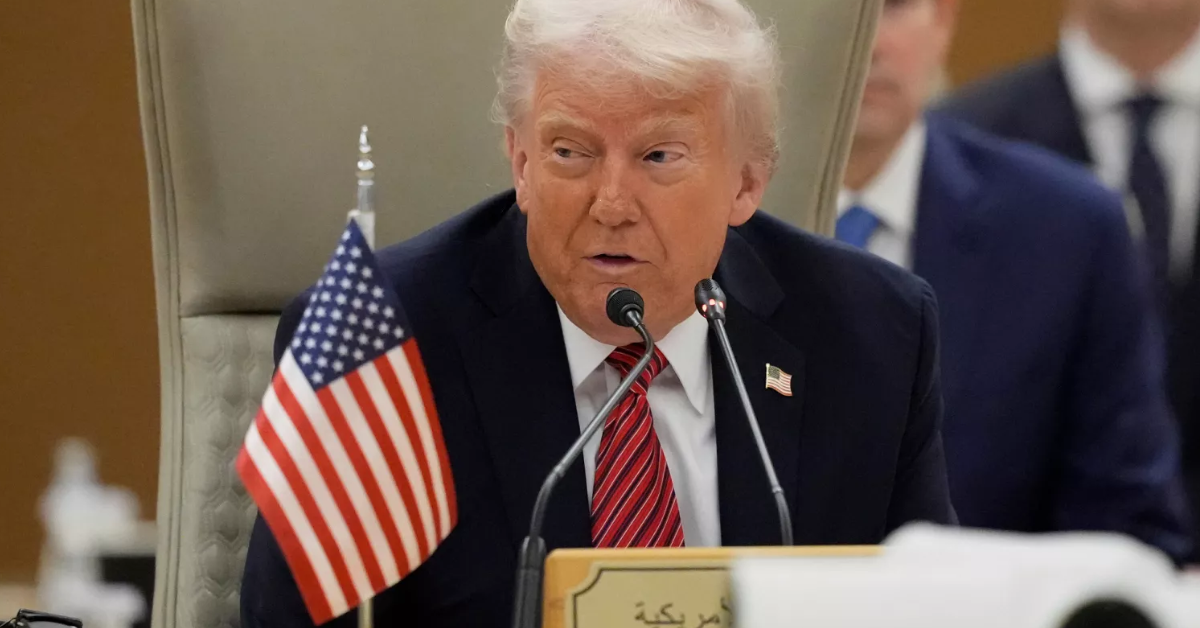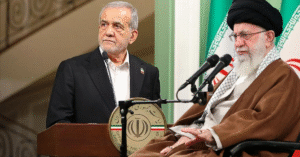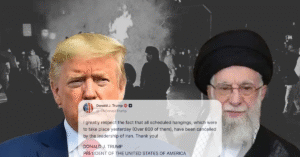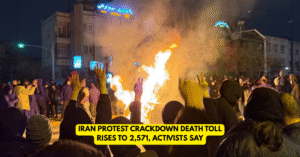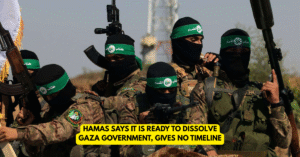WASHINGTON — In a decisive show of military strength, U.S. President Donald Trump has ordered the deployment of two nuclear-powered submarines to the Mediterranean Sea, following alarming remarks from former Russian President Dmitry Medvedev suggesting the potential use of nuclear weapons in the ongoing war in Ukraine.
Medvedev’s Threat Sparks Global Concern
Medvedev, now serving as deputy chairman of Russia’s Security Council, made headlines earlier this week by stating that Russia could justify the use of nuclear weapons if faced with what it perceives as an “existential threat.” The statement has triggered serious concern among NATO and European leaders, prompting urgent diplomatic discussions and defensive responses.
President Trump responded swiftly, stating:
“We will not stand idly by while threats to our allies and interests are made. The deployment of these submarines sends a clear message: the United States is ready to defend peace and ensure stability in the region.”
Strategic Details of the Submarine Deployment
The two submarines, whose identities remain classified for security reasons, are equipped with stealth technologies, long-range precision strike capabilities, and nuclear payloads. According to Pentagon sources, the vessels are designed for deep-sea deterrence and rapid-response scenarios, ensuring that the U.S. maintains strategic superiority in the event of conflict.
This move is part of a broader strategy to reassure NATO allies and bolster the U.S. military presence in a region increasingly viewed as a potential flashpoint.
Mixed Reactions from Allies and Global Leaders
NATO Secretary-General Jens Stoltenberg issued a statement supporting the U.S. response, emphasizing the alliance’s commitment to deterrence:
“We remain united in our resolve to defend every inch of NATO territory. The threat of nuclear rhetoric from any state must be taken seriously.”
While some European leaders have welcomed the deployment as a necessary deterrent, others caution that it could further escalate tensions. Calls for diplomatic dialogue and restraint are mounting, particularly from neutral and non-NATO states concerned about global stability.
Ukraine War: An Escalating Crisis
The war in Ukraine continues to intensify. Russian forces have launched renewed offensives in eastern Ukraine, resulting in mounting casualties and large-scale civilian displacement. Western intelligence agencies warn that Moscow’s rhetoric around nuclear use is being amplified alongside its battlefield activity.
Efforts to revive peace talks have stalled, as both sides continue to escalate military operations. The deployment of nuclear-armed U.S. submarines, while defensive in nature, underlines the growing risk of a broader international conflict.
Global Security at a Crossroads
As military assets are positioned and rhetoric intensifies, world leaders face growing pressure to prevent further escalation. The U.S. submarine deployment represents one of the most serious military signals since the start of the war in Ukraine and marks a potential turning point in how the West engages with Russia’s nuclear posturing.
Diplomatic efforts are expected to intensify in the coming days, with high-level meetings planned at NATO and the United Nations. However, the effectiveness of those efforts remains uncertain as the conflict edges closer to a geopolitical tipping point.
